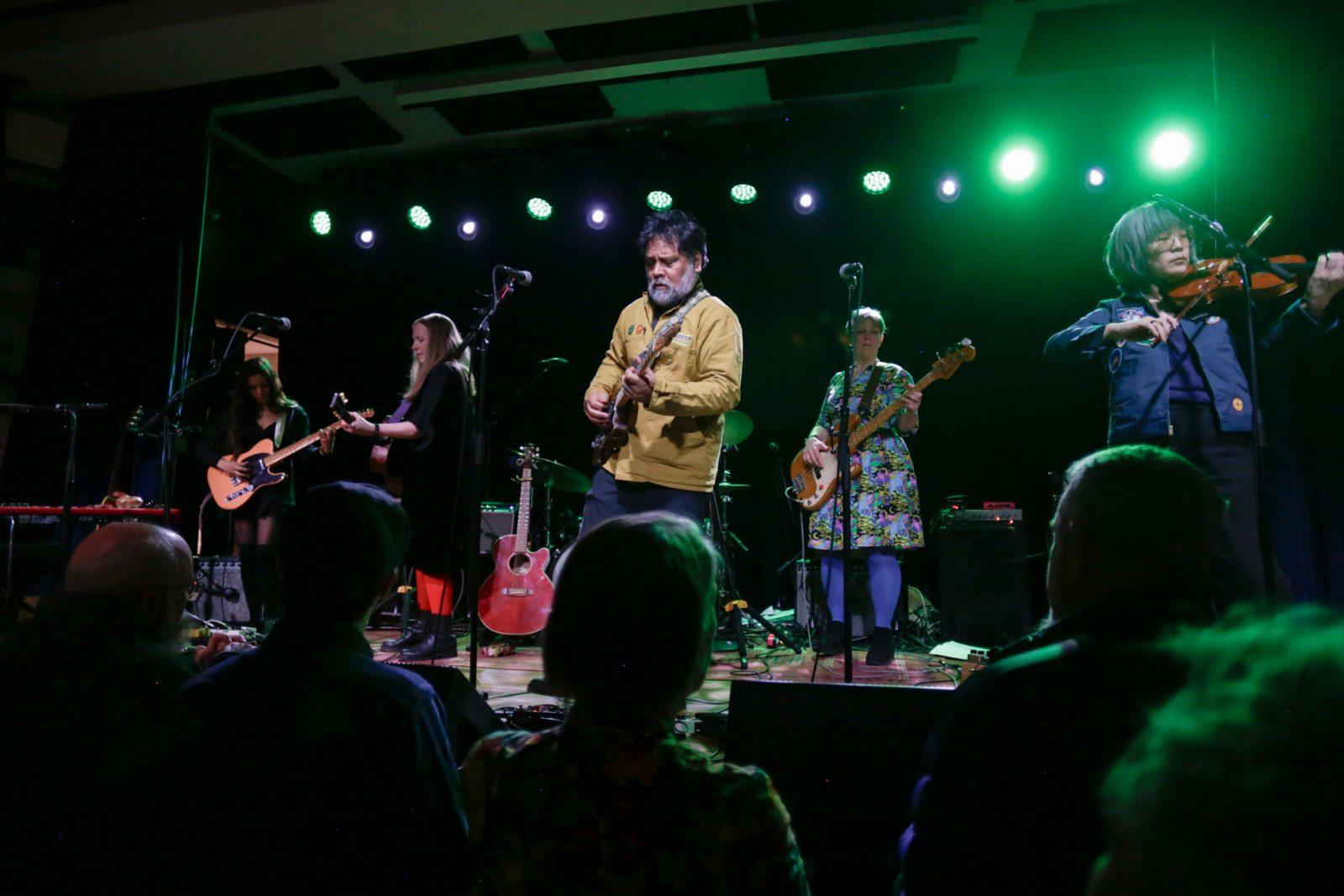Many Boston University students may find their mailboxes lined with “honor society” applications, many in embossed envelopes containing fawning flattery toward the recipient.
Although Boston University recognizes several honor societies for students, some organizations not affiliated with the university solicit students for money under the guise of being an accredited honor society.
There is a clear and defined process honor societies must pass if they are to be recognized by the university.
“Typically, what we do is to ask that any students interested in forming an honor society get the approval from the dean of their school or college, if it fits into a school or college mode,” Dean of Students Kenneth Elmore said.
The dean of a school or college must give approval for the honor society and Provost David Campbell must affirm the society as well.
“Once that happens, then we look to give approvals as it relates to student organizations and student activities,” Elmore said.
Elmore cautioned students solicited by honor societies or organizations not officially recognized by or affiliated with the university.
“There are lots of organizations out there that students belong to that are not necessarily affiliated with the university or are not necessarily recognized by the university,” he said, “and our approach is that if they are not recognized by the university [through the approval process], students are on their own to be involved with that organization.”
The potential pitfalls are especially prominent when honor societies are involved, Elmore said.
“With honor societies, sometimes you do that at your peril, because there are some groups out there that really are just trying to take students’ money,” he said, “and students may not get any recognition or may not get any benefits from belonging to the society, including an important benefit.
“That is to make sure that amongst his or her peers and the academic community, that this is indeed an honor society that’s recognized as being an honor,” he continued. “So that’s part of the vetting process that we do.”
If students are unsure of whether or not to join an honor society because they have questions of its legitimacy, Elmore said they have recourse.
“One of the things I would recommend that a student do is to do a little homework,” he said. “Ask a professor, ask a dean, ask someone, ‘What do you know about this society?’ [One of] the important aspects of it is to figure out what people know about it.
“I think that you should also think about those organizations that seem to, [immediately], just be asking for money as your qualification to get in,” he continued. “Always be suspicious of that sort of a thing.”
There are more than a dozen officially recognized honor societies that range across the breadth and depth of academic programs that BU offers.
These societies include Golden Key, an organization for College of Arts and Science juniors and seniors whose cumulative Grade Point Average is above 3.4, and Lock Honorary Service Society, open to anyone with a School of Management major and a cumulative GPA of at least 3.3.
However, each honor society determines its own criteria for admitting students into its ranks and for continued membership.
“Typically, honor societies do charge their members membership fees or dues, and the requirements for membership vary according to each honor society,” Student Activities Office Director Carolyn Norris said.
Lock Honorary Service Society spokesman Matt Kebel said tradition and common knowledge of the honor society validates the society.
“We are the oldest SMG student organization,” the SMG senior said, “and any student questioning our validity can learn more about our organization at the SMG Undergraduate Program Office.
“Also, word of mouth within the SMG student community [legitimizes the honor society],” he continued.













































































































